EDS, Dating & Internalized Ableism
I sat in my car on the edge of the San Francisco Bay during a huge storm staring at my phone, finger hovering over the button on a dating app to post a profile that, if pushed, had the potential to change my life. I had recently moved back to the Bay Area and was five years into a divorce that felt like it would never end. I had gotten married at the ripe old age of twenty and couldn’t fathom that at forty-two, I was contemplating dating again. I could think of nothing but the reasons I shouldn’t be doing this, with the very top two being that I was on disability and I have a myriad of chronic illnesses, including Ehlers-Danlos Syndrome. I felt guilty. Who was I to try and burden someone with my health issues? I had never been particularly healthy but hadn’t gotten any accurate diagnoses till long after I was married, so I hadn’t dealt with those thoughts before. It felt almost evil to me. I could create a long list of things I love about myself, but when weighed against my illnesses, I didn’t think all my awesome qualities would be impressive enough to outweigh it. These thought patterns are called “internalized ableism”.
| Internalized ableism refers to the internalization of negative attitudes, beliefs, and stereotypes about disability or disabled individuals. It occurs when a person with a disability starts to believe and internalize societal prejudices and biases against their own group. In other words, it’s when individuals with disabilities begin to adopt or believe the harmful perceptions and ideas that society holds about them. This can manifest in a variety of ways, including feeling ashamed of one’s disability, downplaying the impact of their disability, feeling that they are a burden, or striving to conform to able-bodied norms and standards. Internalized ableism can have serious psychological and emotional effects on individuals, leading to lower self-esteem, anxiety, depression, and a decreased sense of self-worth. It can also influence a person’s behavior and choices, causing them to avoid seeking necessary accommodations, services, or support that could improve their quality of life. |
I started to laugh at myself. Why was I even worried about this? I felt old, in my forties. I wasn’t ugly, but I wasn’t someone who got complimented on my looks with any frequency, either. I had no job listed on my profile. So no one would click on it. All I was hoping for was someone to go out and have some fun with. I can be fun on a good day. I sighed, clicked the button to post my profile, and waited for the humiliation of no one matching with me after my highly selective right-swiping. I decided to put it aside for the evening and went home and slept fitfully.
In the morning, I woke up shocked to find notifications that many of the men I had swiped on matched with me. I was stunned. Now what? I hadn’t mentioned anything about my disability, chronic illnesses, or anything. I couldn’t get away with messaging any of these guys for long without being asked what I did for a living; as soon as “I’m currently on disability” was uttered, it resulted in a flurry of questions that, if not answered with something I would fully recover from in the near future, I would be ghosted. I thought, screw it, and started sending some messages. I immediately began to get replies, and instead of panicking got into some rather interesting conversations. I scheduled a few dates for coffee for the next week. If all else failed, at least I’d be well caffeinated.
The night before the first date, I was terrified. I was beginning to consider the very remote possibility that I might hit it off with someone. The feelings of unworthiness, guilt, and shame about my health and ability to work rolled back into my head with a vengeance. I wouldn’t wish my health issues on my worst enemy; why risk falling in love and forcing them on another person? I went to bed and got a horrible night’s sleep – a huge migraine trigger. But instead of waking up with a throbbing headache, I felt physically fantastic and well-rested for the first time in my life.
I headed to the coffee shop to meet my first date in over twenty years. We both arrived at the same time and easily fell into conversation. My disability and health status came up, but I found it very easy to talk about it with him, mostly because there weren’t any sparks. We parted amicably, both upfront that we just weren’t feeling it. I continued onwards with my coffee, and I got a little less nervous each time. My “issues” kept coming up, and the story kept repeating itself – no sparks on either end.
The app I was using required women to make the first move. However, there was a workaround with a paid feature that allowed men to reach out via a message. One day, I received a message quoting Vonnegut, my favorite, through the feature. I immediately began devouring the man’s profile. He was everything I didn’t want in a potential romantic partner, yet I was extremely intrigued and interested for all the same reasons I didn’t want to date him. We started messaging back and forth about Vonnegut and philosophy and everything else I loved. I agreed to meet for a caffeine fix and walk.
I arrived at the coffee shop first, not at all nervous. I was approaching double digits on the number of first dates I’d had, and I had already decided nothing romantic would happen.
I only waited a couple of minutes for him to arrive, and when he did, he promptly walked into a chair. Any remaining nerves washed away; my lack of proprioception would not be an issue here. We got our coffee to go and started walking along the nearby path as planned. The conversation flowed so easily; my career and health never came up. We decided to go for a drive to watch the sunset, and the conversation continued. I began to feel attracted to him, even though he was not my type. He asked if he could kiss me, and my awkward self instantly blurted out with a fury that I had a rare disease and was on disability, and I was a hot mess. He threw his head back and laughed, grabbed my hands, looked me in the eye, and said, “I don’t care; that just makes you more interesting.” Then he kissed me, and we made plans for more walking and coffee a few days later.
I went home with my head swirling. What was I getting myself into? I was so physically exhausted from the walk and the adrenaline of the experience wearing off that I fell immediately asleep without my normal bedtime routine of overthinking everything. We continued seeing each other, both of us very open that we were continuing to date other people. We made each other laugh till we cried, but we both knew we weren’t long-term relationship material for each other.
I began to seriously question the assumption that my health and employment status couldn’t be outweighed by other qualities. The guy I saw casually, from here on out referred to as “Casual Guy,” was focused on me as a person, not on any societal standards about what makes a valuable person. Why wouldn’t he, though? I focused on my friends and family as people, not basing their value on what jobs they held, achievements they had made, or how healthy they were. I cared deeply for many people in my life who were not healthy and unemployable. Did I find either of those things to decrease their value as loved ones? Did I find it to be a burden to support them in their times of need? No, and No. I kept going on dates and saw a few men more than just once, including Casual Guy. I began to realize many of the men had chronic health issues; old age was catching people up to me! I also started putting myself out there again professionally, doing some volunteer work. Then I had my first date, mini golf of all things, with who I shall call “Not Casual Guy.”
When I walked up to the location, he was waiting out front and seemed deeply familiar before he even said a word. I had since changed my dating profile to read Freelancer, which was true enough. If someone wanted to hire me to do something, I was down. Not Casual Guy brought that tidbit up, and I told him I was currently working on an article on Ehlers-Danlos Syndrome, which I was. Somewhere along the course, it had come up that I was on disability before that, but no further details. He asked what for, and I said complications of a rare disease. He asked which one, and I responded with Ehlers-Danlos Syndrome, and he laughed. He asked me to send the article to him when it was published, and I did. He started learning and asking questions while we kept going on dates. He was seeing me only on my best days, and I was pushing myself like crazy to keep up with his “active lifestyle.” I tried to tell him I wasn’t always like this, and I knew it was hard for him to believe.
During our first few dates, I was still seeing Casual Guy. I discussed my growing feelings towards Not So Casual Guy and my reservations about becoming serious with anyone. He asked me what the worst that could happen was, fully aware of my catastrophic thinking powers. I went into a long, overly detailed rant.
“So, you’d end up right where you are now, but with a little more experience and a lot of interesting,” he said with his charmingly impish grin. He had me there. I decided to become exclusive with Not So Casual Guy as a result.
Of course, at some point, he saw me on a bad day. I woke up with a mid-level migraine and told him I was OK to go to the music festival we had tickets to. We were going to see one of his bucket list bands, and I was determined not to let him down. I was really looking forward to it as well, and honestly, in my migrainous state stupidly thought the music might help. Within five minutes of being at the festival, the migraine became very severe. I was honest about the situation but insistent that he stay for the first band he was really looking forward to and go up front. I was going to lie on our blanket. I spent the entire concert in a fetal position, and then he drove us back to his place, where I promptly took my meds and slept for fourteen hours straight.
The next day I woke up to apologize profusely for ruining the experience. He was shocked I felt that way and told me he was impressed by how I handled it. He could see what agony I was in.
While we’re still in the early stages of our relationship, he accepts my limitations and accommodates my needs. He hasn’t dealt with anything too significant yet, but he is aware of the possibility of me spending months in bed at a time and the seriousness of my vascular issues. He is down for it because I’m more than just a sick person to him. He’s pushed me further in all aspects of my life, and I’m only getting healthier and happier for it, and I have a sneaking suspicion he is too.
I would have never thought that dating would be what made me face my internalized ableism and start dealing with it. I still have my moments, but they are fewer and far between.
Cover Image: Pixabay
By Crystal Sullivan
September 2023


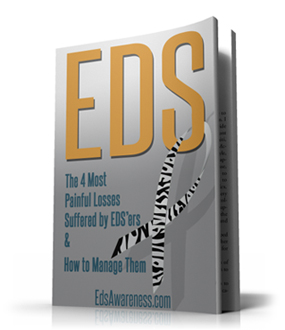
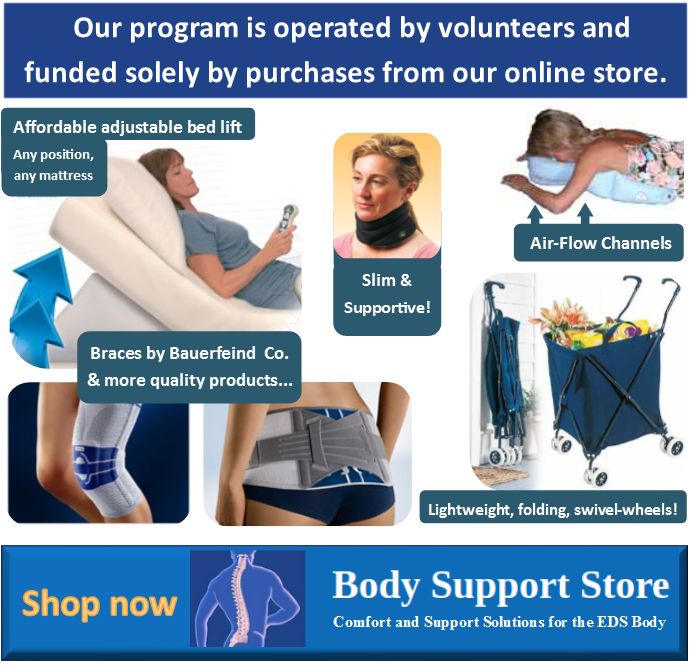
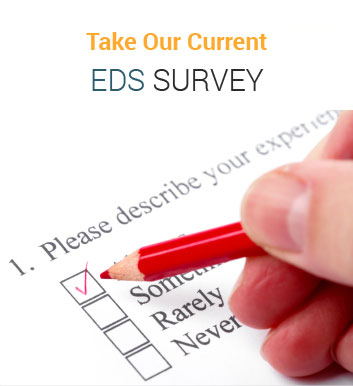

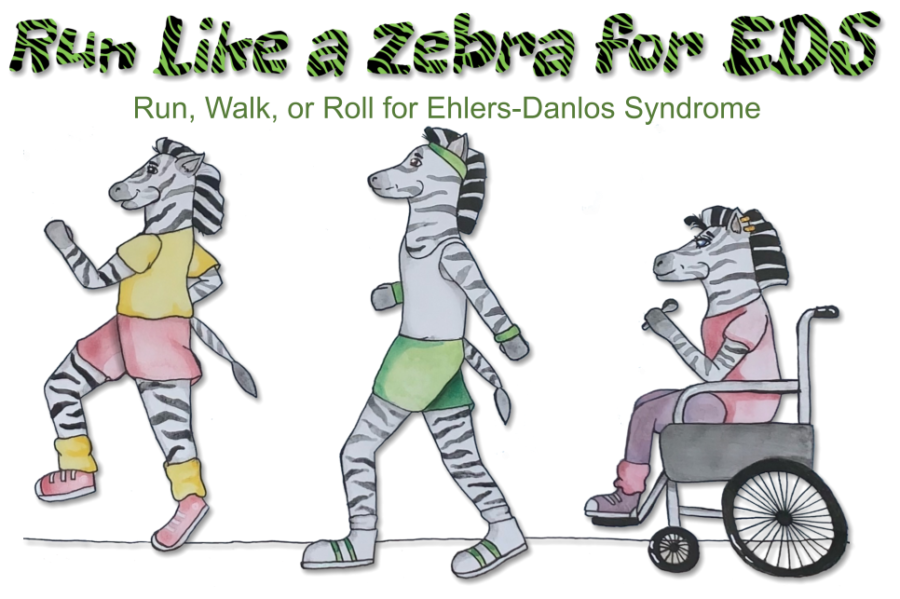
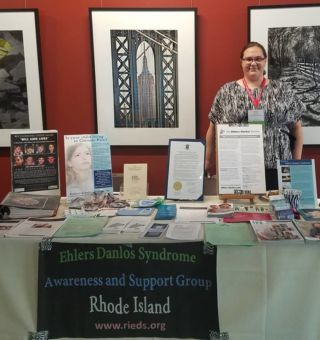
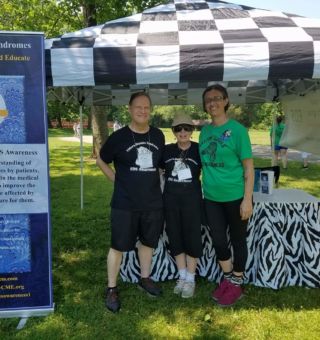
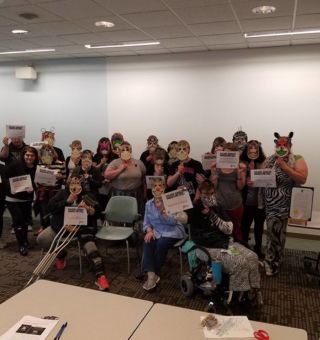
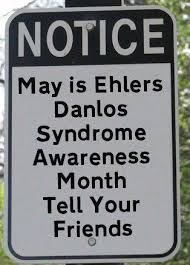
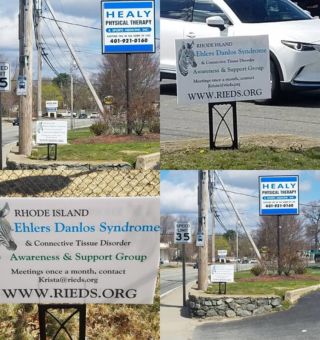
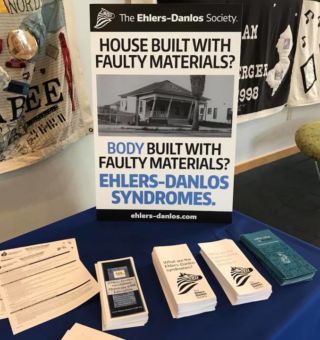
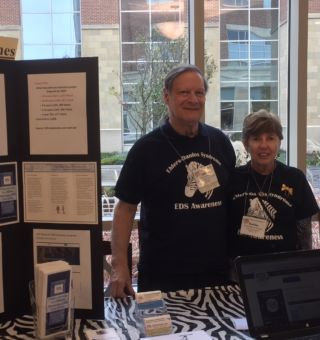


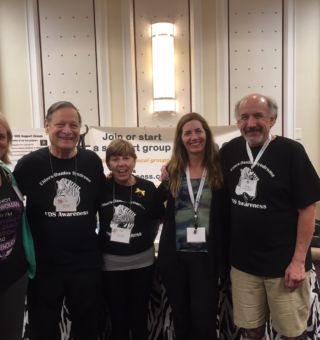
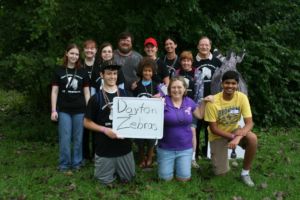
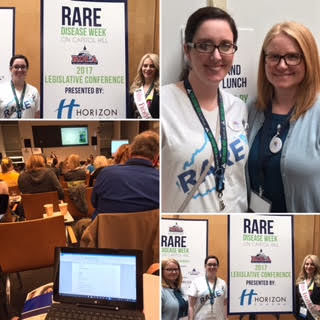
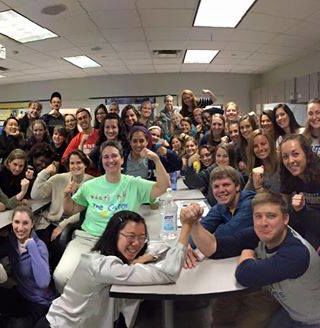
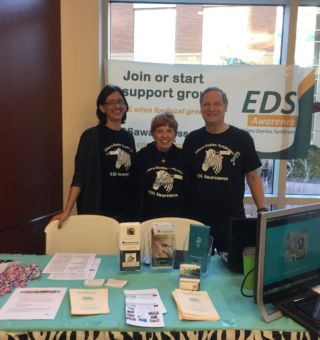
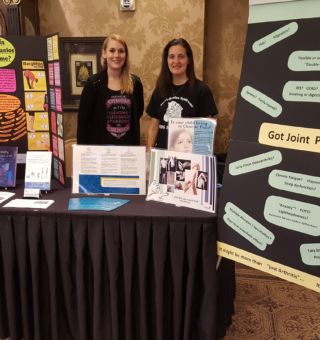
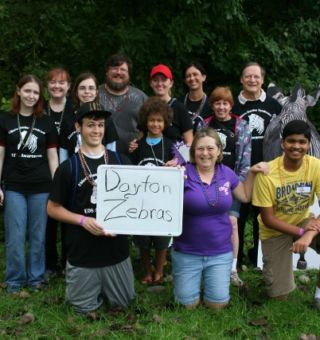
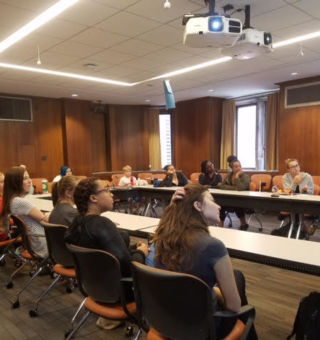
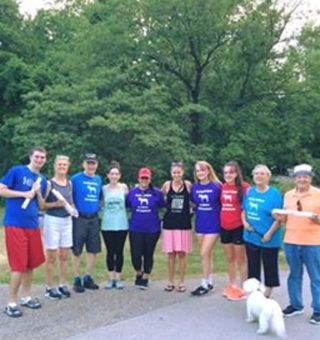
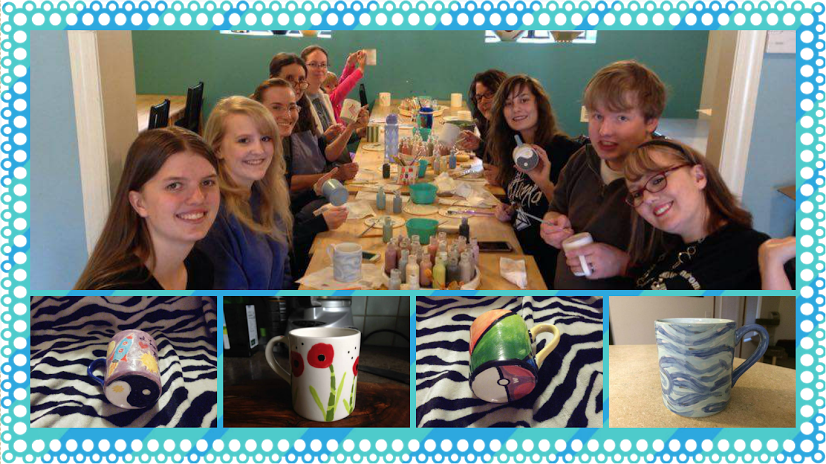
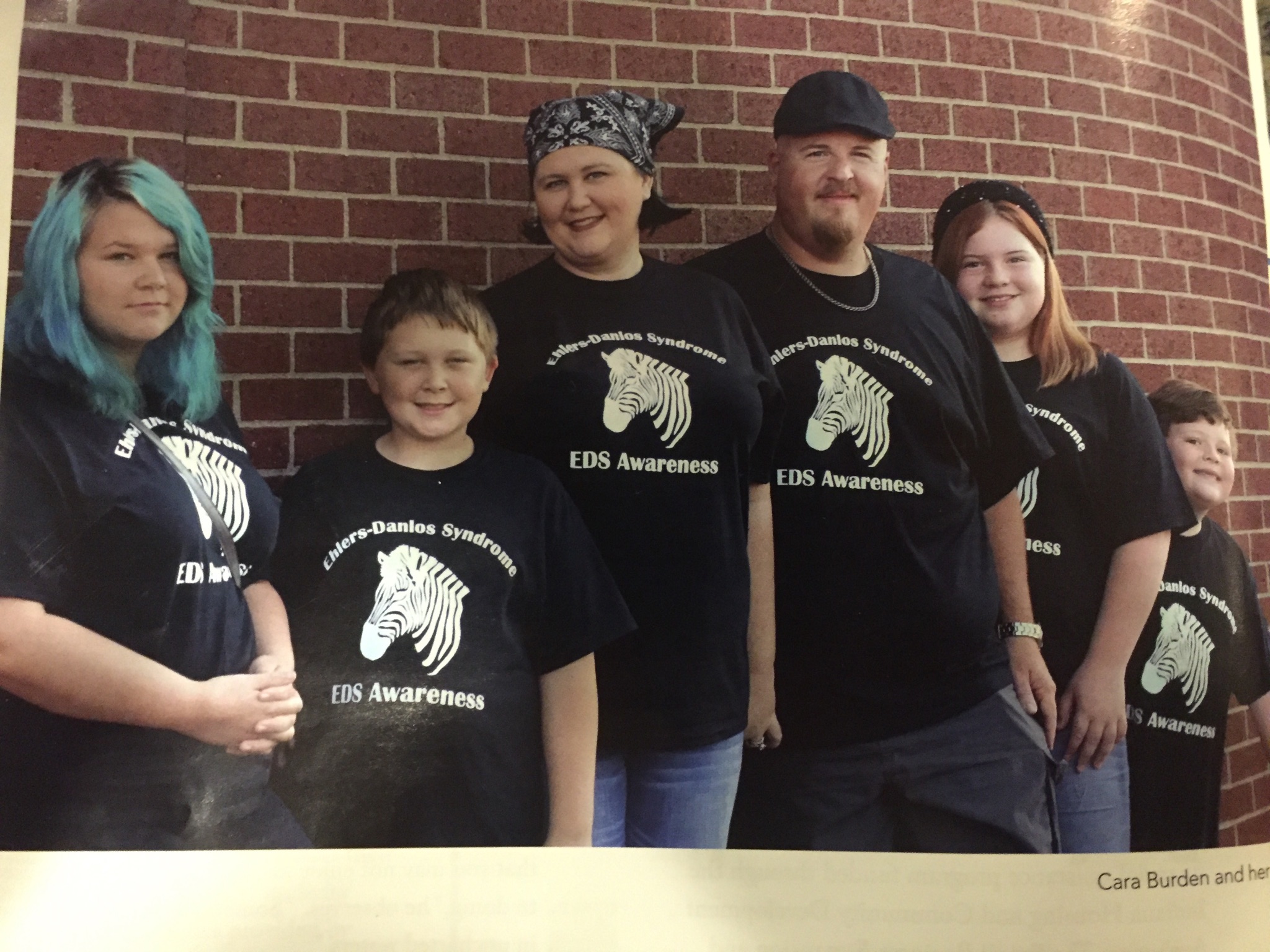
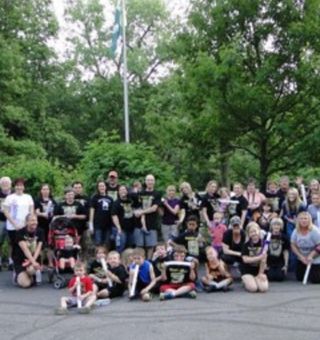
Crystal my friend, I miss seeing you. Thank you for sharing your raw and unfiltered experience. My own experience post-divorce was very similar whilst dating. It’s very difficult to know how, and when, to explain to someone what your bad days and even average days are like. We only let people see us on our best days usually. I eventually found that if it didn’t come up organically, I’d give them the whole everything on date #3. There were a lot of casual dating experiences that ended after date #3 as a result. Lots of ghosting. And that’s okay because that means that person could not handle my reality. I’d rather know sooner than later. Thank you for putting into words what many of us experience but none of us forget.
Sarah, thank you so much for your kind words!!! They mean so much. I miss seeing you too! Are you able to do outdoor get togethers at all?
Thank you for this!
I’ve given up dating, but this gives me (much needed) hope.
I’m getting older and my constant thoughts are “who on earth would like to date and possibly commit to a relationship with a woman that doesn’t have any energy and spending most days housebound? No one!”
But I AM more than my diagnosis(es). I’m funny, loving and smart.
Hopefully, I can muster courage to letting someone in my life, and hopefully someday I will find someone that see me for what I am “behind” my EDS.
Thank you for giving me hope!